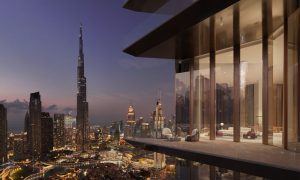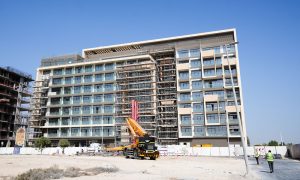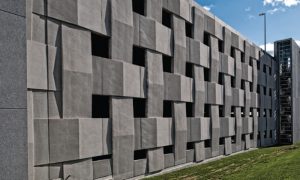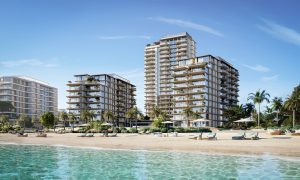Boutique Group appoints firms to create luxury hotel in Riyadh
The Red Palace in Riyadh was originally developed in the early 1940s by King Abdulaziz Al Saud
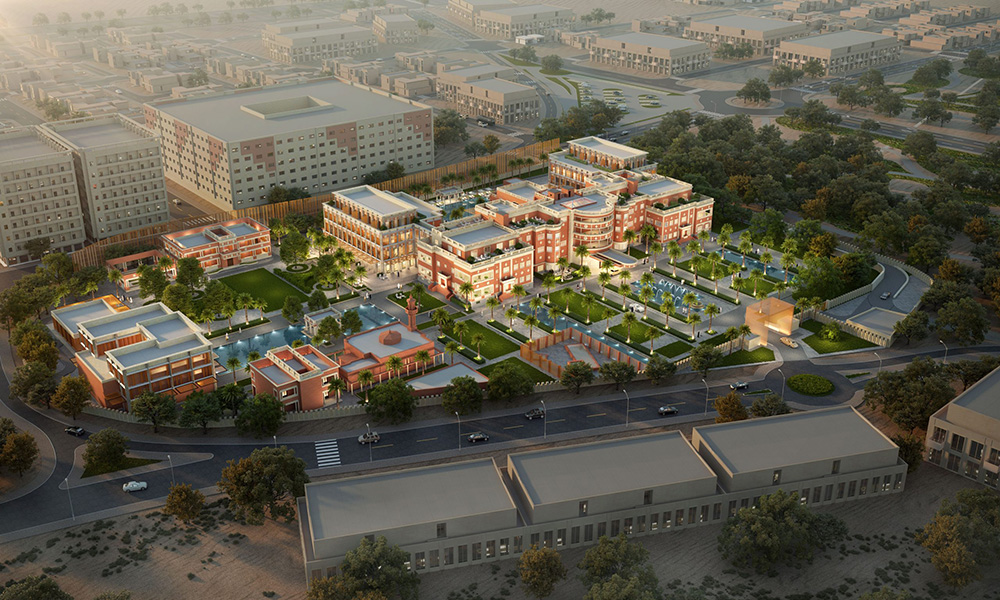
Saudi Arabia’s PIF has announced that its hospitality unit, Boutique Group, has appointed the lead architect and interior designer for a landmark project that aims to transform a historic royal palace in Riyadh into an ultra-luxury hotel.
PIF explained that to drive this architectural and design transformation, two key entities have now been appointed. First, Aedas, known for applying research-based architecture and merging it with local and global knowledge; and Tristan Auer, an interior architect known to have a rich aesthetic vision. Together, they will be designing The Red Palace, one of three royal palaces that the Boutique Group is set on transforming into world-class ultra-luxury hotels.
The Red Palace in Riyadh was constructed in the early 1940s by King Abdulaziz Al Saud, the founding monarch of Saudi Arabia, to serve as the residence and administrative centre for his son, King Saud bin Abdulaziz Al Saud.
Notably, it was the country’s first concrete building, marking a significant milestone in Saudi Arabia’s architectural history.
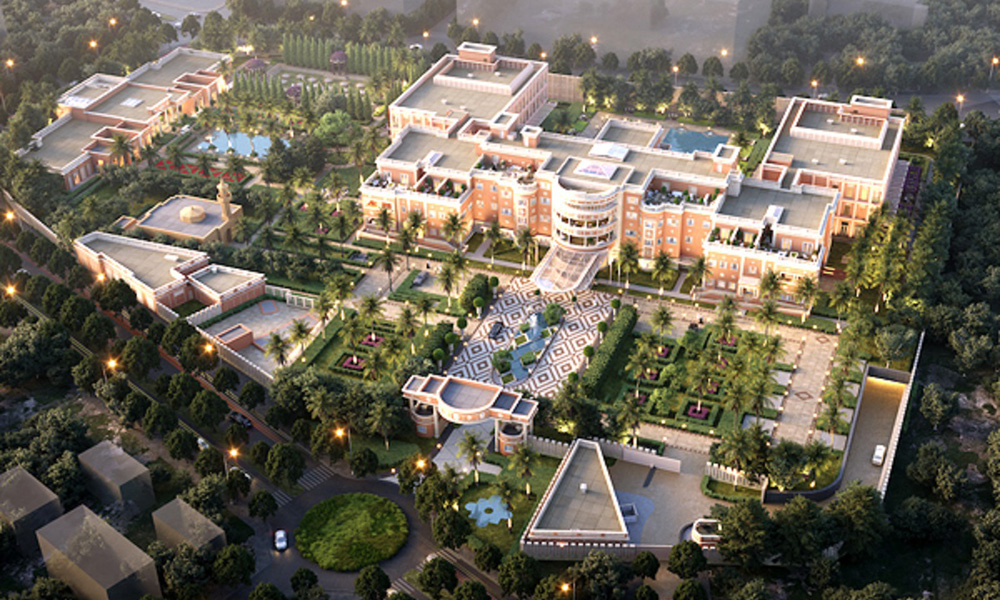
Mark De Cocinis, CEO of Boutique Group said, “Our transformation project will protect The Red Palace’s key architectural and design features, creating a compelling guest experience by combining the new function of the palace as an ultra-luxury hotel, while preserving its original character and celebrating the Kingdom’s rich architecture and history. Saudi Arabia is on a journey of unprecedented diversification of its economy under Vision 2030, and we are committed to supporting the transformation of the Kingdom’s tourism and cultural sectors.”
Throughout its history, The Red Palace hosted international receptions and royal banquets, welcoming heads of state, government officials, and other prominent figures. Later, it served as the Council of Ministers’ headquarters for over three decades and housed the Court of Grievances until 2002.
